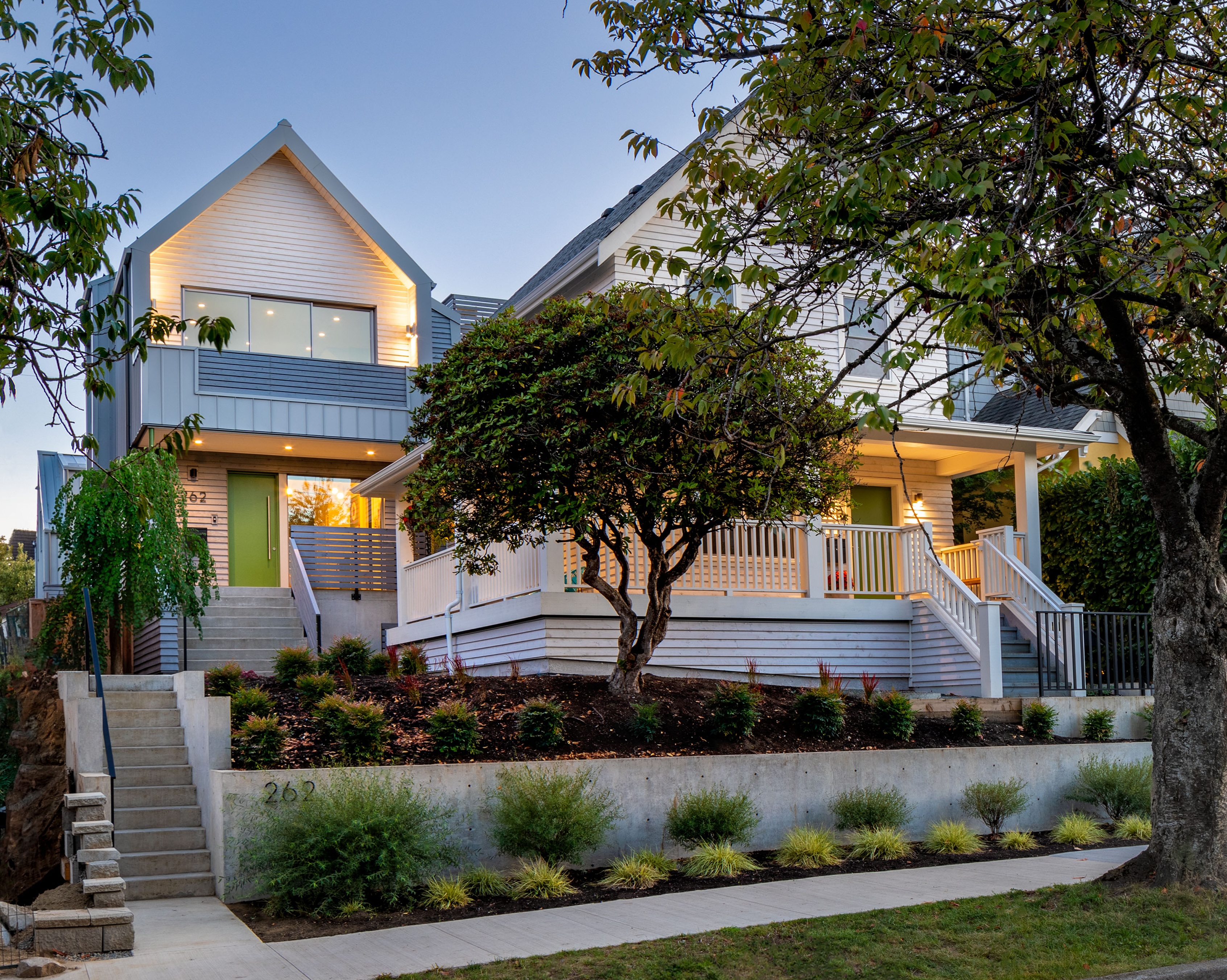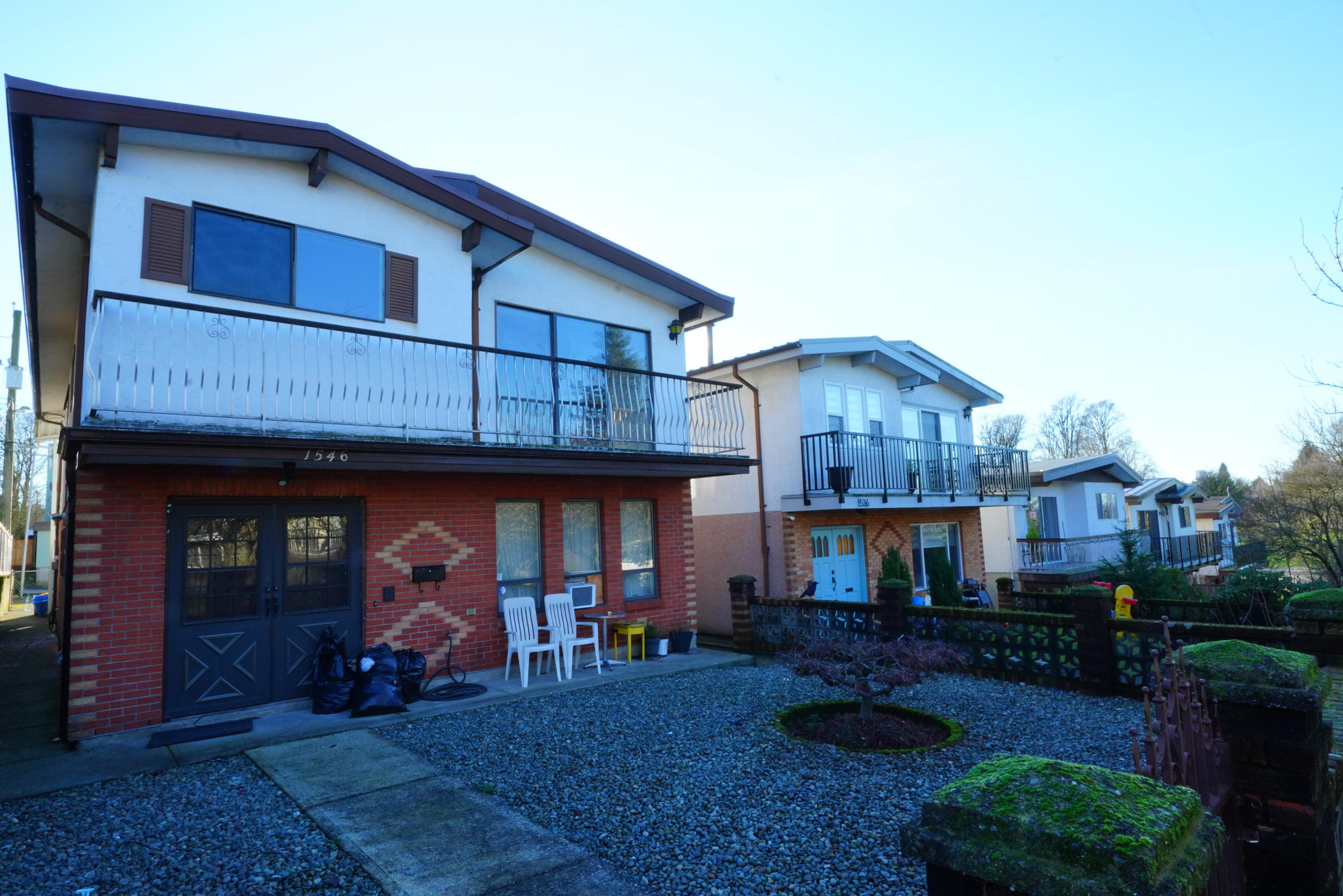Creating meaningful space through thoughtful design gets us excited
As humans, we are complex organisms with creature needs, habits, cultural behaviours, and social requirements.
Our homes are personally reflective of these complexities. Whether intentional or not, they are an extension of ourselves, becoming intricately intertwined with our daily experiences.
Our home physiologically influences our behaviour, emotions, and overall mental health. The question then becomes: How does one insert intention and meaning into that equation?
As designers, we plan a home around universal needs such as gathering, and relaxing. We employ our technical expertise in building science, vet our work through constructability reviews, and we follow laws of good proportion, balance and rhythm through our aesthetic approach. We continually learn and look for better ways to build and better ways to create.
But that isn’t enough. We feel that in order to design well, we must go further and find out how to make space matter and how to make it matter to you. Creating meaningful space that is intended for your desired experiences is what gets us excited. We became designers out of an interest in the psychology of space.
Any one of a thousand variables in a space can affect one’s psychology. The volume, light, material, smells, views, connections, and number of steps between experiences all shape whether a space will decompress you, excite you, relax you, facilitate gathering, facilitate retreat, or facilitate memories.
An event is a continual set of exchanges between you and your surroundings. The rooms and buildings we occupy shape us as much as we shape them.
It is incredibly rewarding to combine thoughtful and responsive attention to human needs while creatively shaping space for optimal living experiences that are important to you.
So what’s important to you?
Contact us now for your free consultation.








.jpg)





